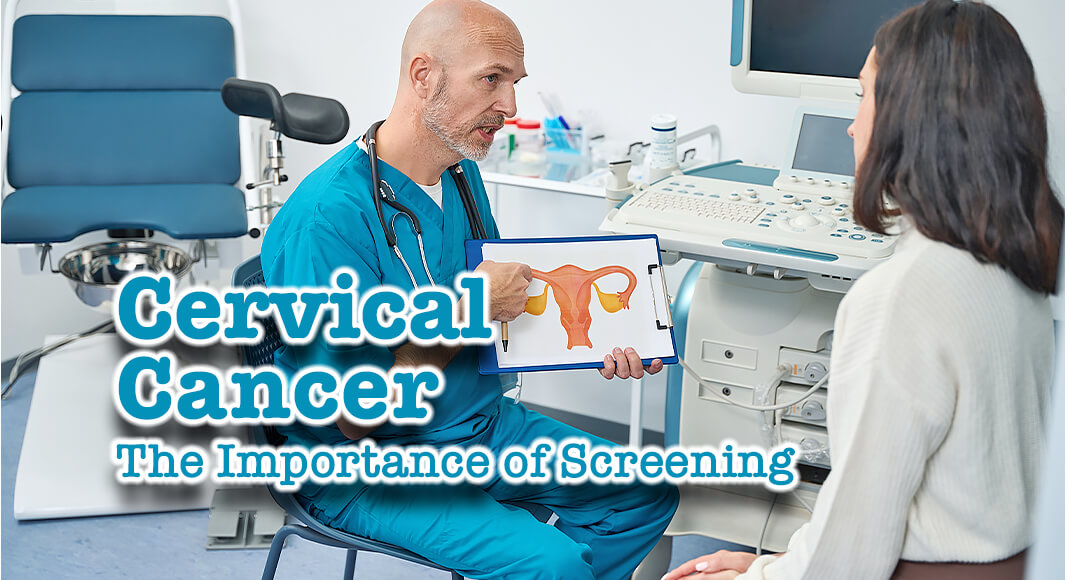
Mega Doctor News
AUSTIN, Texas – As part of National Cervical Health Awareness Month this January, the Texas Health and Human Services Commission is encouraging women to get screened for cervical cancer.
“Routine cervical cancer screening is the most effective way to detect cervical cancer early,” said Faith Sandberg-Rodriguez, associate commissioner of Family Clinical Services at HHSC. “However, many potentially eligible Texas women may not know about services in their area or experience other barriers to accessing care. HHSC helps low-income women access timely cervical cancer screening and diagnostic services.”
Cervical cancer is the third-leading cancer diagnosis for women ages 20-39 and fifth-leading for women ages 40-49. According to the Texas Cancer Registry, an estimated 1,489 Texas women were diagnosed with cervical cancer. The Centers for Disease Control and Prevention (CDC) recommend cervical cancer screenings for women ages 21–65.
The HHSC Breast and Cervical Cancer Services (BCCS) program provides low-cost and free women’s health services for uninsured and underinsured Texas women who meet eligibility requirements. Services include cervical and breast cancer screenings, clinical breast examinations, mammograms and breast biopsies.
BCCS helps fund clinics across the state that provide these lifesaving screening and diagnostic services. In fiscal year 2022, BCCS served 30,422 women, including 5,717 women who received cervical cancer screenings.
The BCCS program is partly funded through the CDC. The National Breast and Cervical Cancer Early Detection Program awards funding to states for early detection of cervical and breast cancers. For fiscal year 2024, the federal program awarded BCCS more than $8.3 million. The Texas Legislature appropriated an additional $3.4 million in state funding.
To find BCCS providers or learn more about women’s health services, visit the Healthy Texas Women website or call 2-1-1. For more information on how breast and cervical cancer services are provided to Texas women, view “Breast and Cervical Cancer Services: 2023 Statewide Look.”
About National Cervical Health Awareness Month
National Cervical Health Awareness Month is observed in January in the U.S. Efforts throughout the month raise awareness about cervical cancer and provide education about prevention, screening and treatments. More information about cervical cancer is posted on the CDC website.









